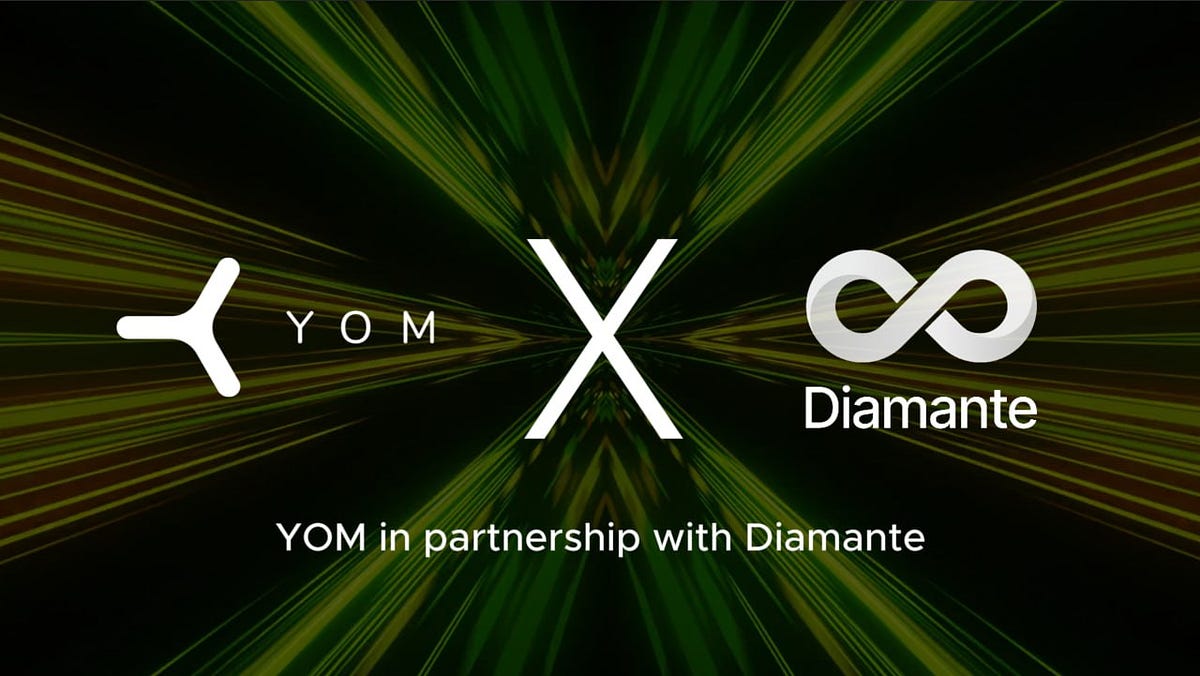YOM and Diamante Partner to Revolutionize Decentralized Cloud Gaming

In a significant move to enhance decentralized cloud gaming, YOM and Diamante have announced a partnership that aims to leverage the strengths of both companies. YOM is recognized for its advanced decentralized pixel-streaming network, which offers a range of solutions tailored for cloud gaming, including voice chat, multiplayer capabilities, and cross-device controls. On the other hand, Diamante stands out as a next-generation hybrid blockchain designed to integrate both private and public networks, emphasizing quantum-resistant security and scalability. This collaboration promises to provide a robust foundation for decentralized applications and in-game transactions, utilizing advanced consensus mechanisms such as Delegated Proof of Stake (DPoS), Proof of History (PoH), and Asynchronous Byzantine Fault Tolerance (aBFT).
The integration of Diamante’s blockchain infrastructure with YOM’s pixel-streaming network is set to revolutionize gaming experiences. By allowing games built on Diamante to launch on YOM’s platform, players globally will enjoy instant accessibility and low-latency gameplay. A standout feature of this partnership is the incorporation of Diamante’s native wallet functionality, which facilitates seamless in-game transactions for NFTs and digital assets. This integration not only enhances user experience but also ensures that both players and developers benefit from the security measures provided by Diamante’s blockchain. The ongoing joint research and development efforts will further explore how this innovative technology can enhance YOM’s decentralized gaming platform.
The partnership between YOM and Diamante is poised to create a compelling bridge between their respective ecosystems, enabling unprecedented gaming experiences characterized by security, scalability, and accessibility. Joint marketing initiatives will be launched to showcase the combined capabilities of their technologies, fostering engagement and growth within both communities. As the web3 gaming space increasingly incorporates financial transactions, the integration of Diamante’s secure blockchain into the YOM ecosystem will empower developers to create games that prioritize player protection while taking advantage of the expansive decentralized gaming network. This collaboration sets a new standard for the future of gaming and beyond.
Related News





